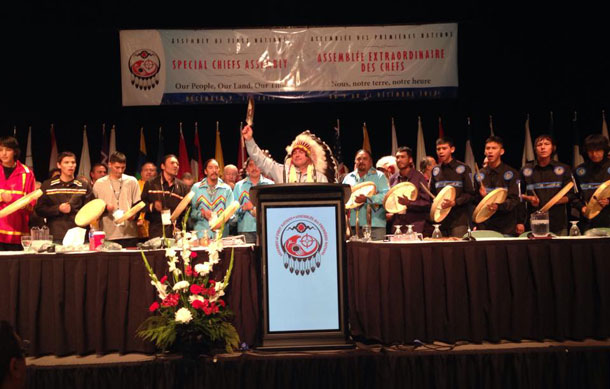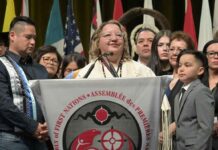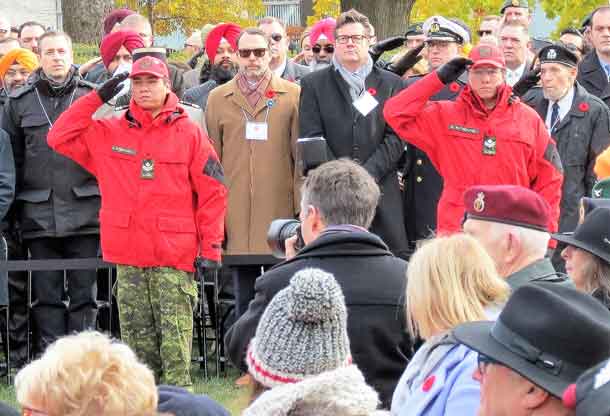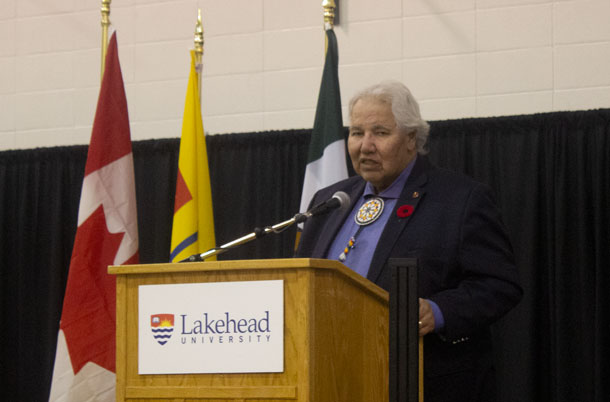BIG RIVER FN – Indigenous children, youth and families and takes place in advance of the Council of the Federation meeting in Saskatoon on Wednesday.
“I’m attending tomorrow’s roundtable discussion to ensure First Nations are involved in any discussions and decisions regarding our most valued, our children and families,” said AFN National Chief Perry Bellegarde. “This is the first meeting of premiers and territorial leaders since the passing of new federal legislation that’s essential to the well-being of our children. This requires support, cooperation and coordination between all governments and First Nations to ensure respect and safety of our children. No child can be overlooked or left behind. I am seeking a commitment from all provinces and territories for this important work.”
National Chief Bellegarde has consistently called for First Nations and AFN involvement at all federal, provincial and territorial meetings, the Council of the Federation and other inter-governmental forums.
“First Nations must be at every decision-making table on issues and priorities that impact our people, our nations and territories,” said National Chief Bellegarde. “We are seeing more and more the proof that meaningful inclusion and collaboration with First Nation is constructive and productive and leads to better decisions and better results for our people and all of Canada. This is the only way to ensure our rights, title and jurisdiction are respected, and that decisions actually have positive impacts on the ground.”
Bill C-92, An Act respecting First Nations, Inuit and Métis children, youth and families received Royal Assent June 21, 2019. The legislation focuses on First Nations jurisdiction over child welfare and supports First Nations governments in developing their own systems for First Nations child welfare. It was developed with input from First Nations.
During a meeting with premiers and territorial leaders in July 2016, National Chief Bellegarde received a commitment from all provinces and territories to work with First Nations in their regions on new approaches to First Nations child and family services that emphasize prevention instead of apprehension. This included supporting solutions and systems designed and driven by First Nations and an agreement to work with First Nations on new approaches to reduce the number of First Nations children in care and to ensure results are tangible and measurable.







